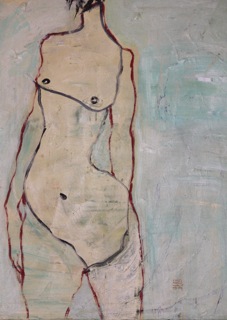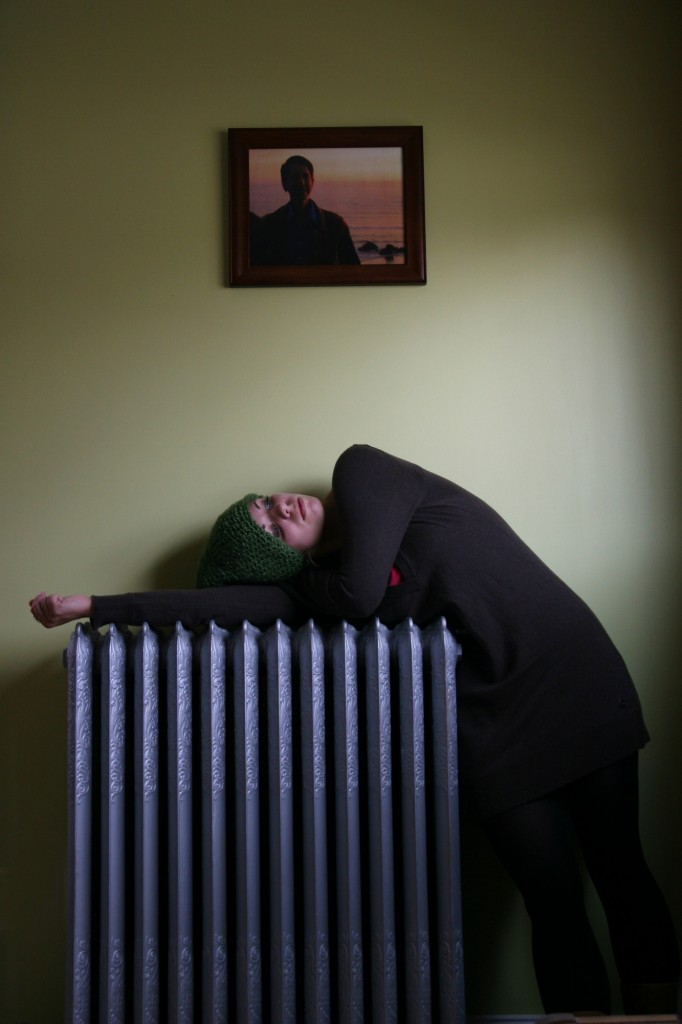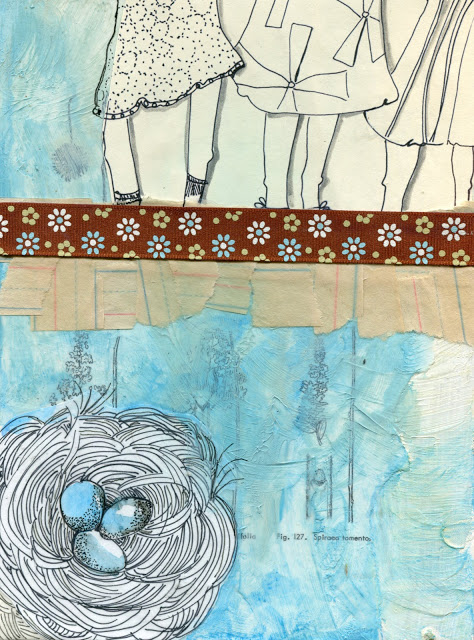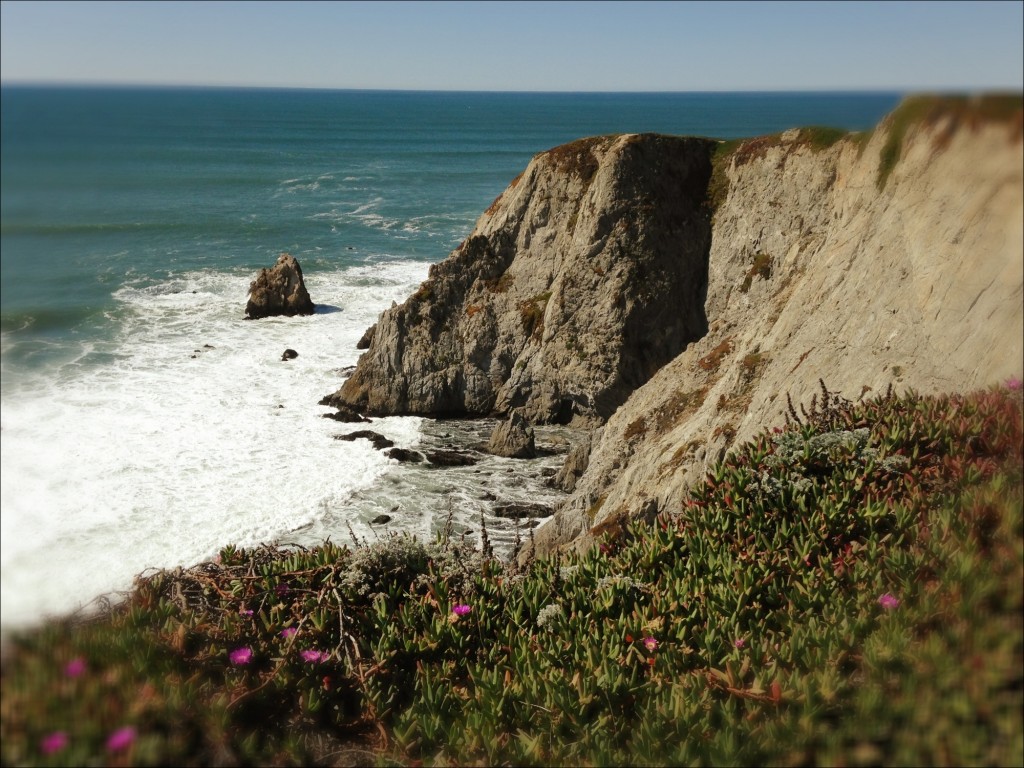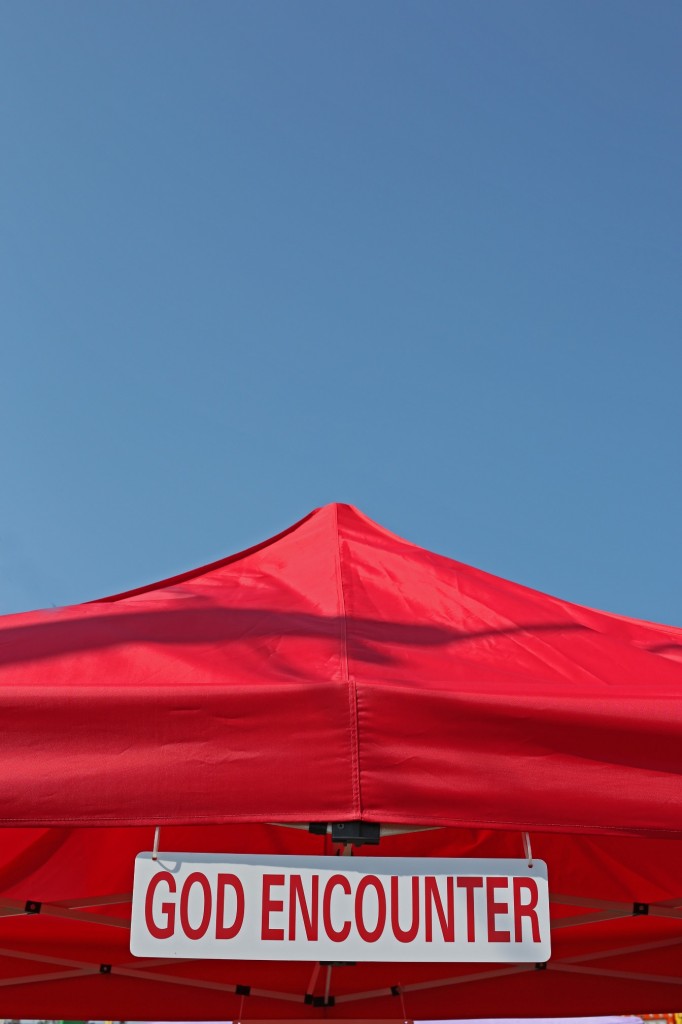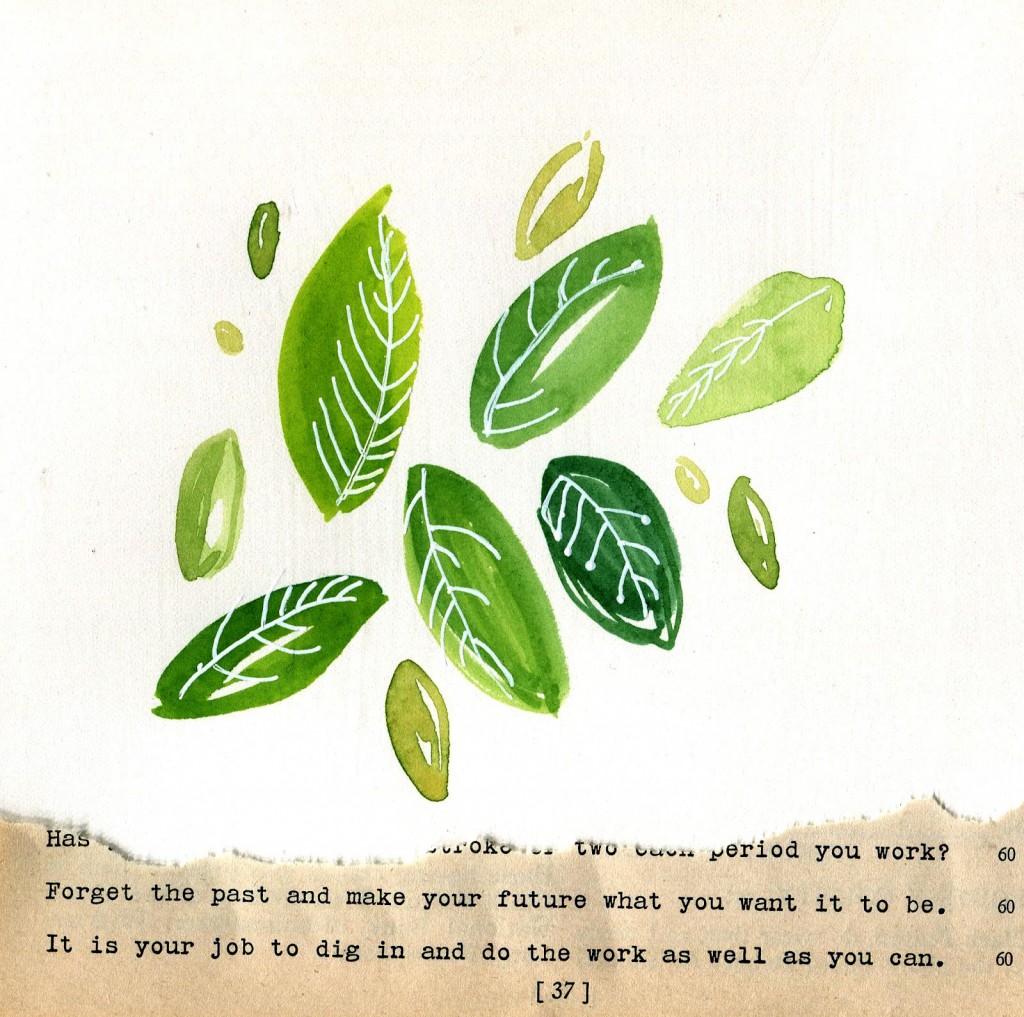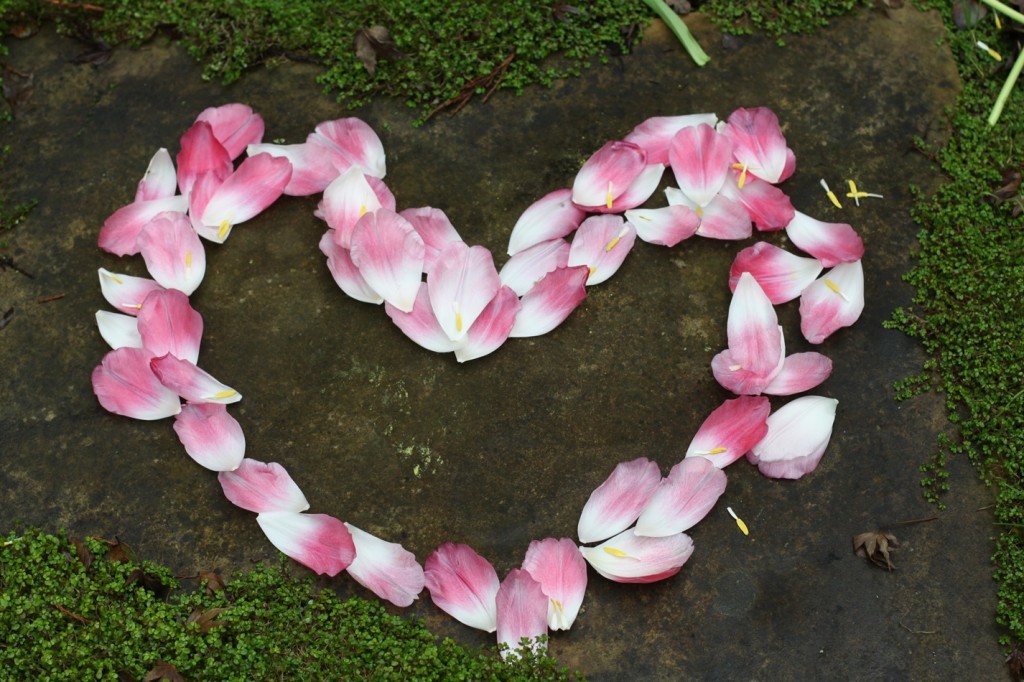
By Melissa Bauer
I.
“I think it’s bad,” my mother tells me, as she lies flat on her back. Her large abdomen hugs the crisp white sheet draping over her. She’s recovering from a cardiac catheterization, a procedure to assess if there are any blockages in her heart.
I put down my book. “Why do you say that?” Even though I know she is probably right. With severely high cholesterol, high blood pressure, and morbid obesity, my mother is living on borrowed time.
“I could just tell by the look in the doctor’s eye,” she says, and then adds, “plus he used a lot of dye.”
“Hmmm,” I muse, “well, hopefully not.”
“Yeah, you’re probably right,” my mother offers.
D for denial should be our family crest.
•••
But my mother’s fears are confirmed; three out of four of her cardiac arteries are between 85% and 99% blocked. They need to transfer her to a larger hospital to perform a procedure where they insert tiny tubes to keep her arteries open.
They need to transfer her now.
An ambulance is called.
The doctor warns us that the procedure can be harmful to the kidneys because of the dye, but she is not a candidate for bypass surgery because of her weight.
The doctor tells us she needs this procedure to save her life.
We don’t ask any questions.
We don’t seek a second opinion.
We just do as we are told.
•••
I ride in the front seat of the ambulance with the EMT driver. The siren sounds and we speed down the interstate, passing curious onlookers who appear safe and secure in their compact cars. The driver and I share the same birthday. She tells me she plans to go to nursing school, too. I nod in agreement and recall my first year in nursing school, when my parents were hospitalized at the same time, my father for emphysema and my mother for a stroke in her right brain stem. I cared for them both single-handedly; my brother lived in New York City. I cooked their meals, arranged physical therapy, organized their medications, and took a leave of absence from work. I was twenty-one-years old.
•••
Now, seven years later, my father has been dead for eight months and my mother’s life hangs in peril. I will myself not to cry, to be strong, to be a nurse, but hot tears trickle down my cheeks instead. A whir of beeps ring from the back of the ambulance breaking my thoughts and terrified, I turn my head, bracing for the worst.
“Is she okay?” My voice is shaky as I yell to the EMT that is sitting in the back with her. “What’s all that noise?”
My mother yells back through the glass, “I’m fine, Melissa!” And the EMT confirms that the beeping is normal.
I exhale.
I listen to my mother tell the EMT about how much I worry and about my father’s recent death. My mother has never met a stranger, and yet I have felt like a stranger to her most of my life.
•••
We arrive at the hospital and I’m standing by the rear of the ambulance, watching as they unload her stretcher. The two EMT workers leave us momentarily to give their report to the receiving nurse.
We are alone.
My mother has to lie perfectly still because of the catheter in her groin, so she motions for me to come closer; she wants to tell me something.
I walk over and hold her hand.
“Did I really need an ambulance?” she asks me fearfully.
“I don’t think so,” I lie. “It’s probably just routine.”
A few minutes later my husband arrives and my mother’s emerald eyes light up.
II.
For as long as I can remember, there was a war raging inside our home, the three of us against my mother. My father, brother, and I formed a united front; we shared a sensitivity that was lost upon her. Every day, during my childhood, we carried out a similar routine seeking refuge from the onslaught of her abuse.
On most mornings, my father would gently wake me up for school, rubbing my back and whispering in my ear, “It’s time to wake up, honey,” and then he would walk into the kitchen to make our breakfast. I would sit sleepy-eyed at the dining room table, eating my cereal as my father smoked his cigarette and wrote in his journal, the news humming softly from our TV in the background.
Then it would be time to get in the car with my mother, who would drive my brother and me to school. “Melissa, get back in the god damn car right now!” she would yell as I sat outside to wait. I hated being alone with her while she smoked one cigarette after another in haste. The smoke was suffocating. Instead, I would move to the rear of the van and inhale the exhaust. I liked the way it smelled and I’d let the toxic fumes fill my lungs breath by breath.
My mother typically drove us half way to school. We would walk the remainder of the way. I would sit in the very back and stare out the window, counting the minutes until we were free. She would drone on about how we always made her late for work in between puffs from her cigarette. One day I finally had enough. I pleaded for her to crack the window open, and I lectured her on the dangers of smoking. “Mom, Miss Smith said that second hand smoke is worse than first hand!”
But she didn’t. “You snotty, little bitch,” she said as she blew a big billow of smoke into the air. She abruptly stopped the car and forced us out, making us walk farther than usual.
“You fucking bitch!” my brother yelled at her as he slammed the door. I ran after him, dodging traffic, fearful to be left behind.
•••
My mother is in the hospital again. My father has been dead for twelve months now; this is her sixth hospitalization since then. I’m sitting in a stiff vinyl chair next to her, watching her chest rise and fall, in a deep sleep. An IV pole stands between us; the clear tubing wraps around her arm and into her hand, delivering medicine through her body in a rhythmic drip.
Drip.
Drip.
Drip.
My trance is interrupted by the sound of the blood pressure cuff deflating. My eyes drift up toward the monitor; 220/110 flashes across the screen in red, and an alarm sounds waking my mother. Startled, she looks over at the monitor, then at me. She smiles. Her plump lips flatten, emphasizing the gap between her two front teeth.
“This friggin’ thing!” She yanks on the cuff, which is tangled in with her gown.
“No wonder my blood pressure is so high!” She scowls as she tries to untangle it, but then stops herself and looks over at me, the elephant in the room. Having watched her abuse and neglect her body for years, we both know a tangled blood pressure cuff is not to blame for her failing heart, but I don’t say anything. I’ve grown tired of challenging my mother, of arguing with her, not out of obligation or out of spite, but out of love. Because deep down, buried beneath messy piles of fear and anger, I want to believe my mother loves me. That she won’t abandon me. That she will guide me when I can’t find my way. Because right now, I am needy and frail, and I feel small and helpless. I am lost. I part my lips to tell her this but then close them. Scared to reveal to her how vulnerable I feel, how raw she makes me, I swallow hard instead, clench my teeth and gaze out the window as the nurse enters the room.
“You look familiar,” the nurse says to me, redirecting my attention as she administers more blood pressure medication through my mother’s IV.
“I’ve been here a few times,” I say, my words sounding colder than I intended.
“Honey, can you get my red lipstick?” My mother changes the subject, and she smiles sheepishly at me as if to say sorry we’re here again, but I know that she is really only sorry that she was caught. Caught in denial and her time is nearly up.
Alarms ring in my heart as loudly as the blood pressure monitor.
I walk over to the closet and fish out the lipstick, hand it to her, and tersely smile back.
This isn’t my first rodeo.
•••
I am ten years old and staring at my mother’s fingers. Her long nail beds, yellowed from years of smoking, are shifting from yellow to white as she grips the steering wheel of our brown, late 1980s model Chevrolet station wagon, as she fights her way through Los Angeles traffic. George, as she named the car, is safely carrying us on this mother-daughter date to our favorite store, Pic ‘N’ Save, so that we can buy my first bikini.
She swings the car into park after cursing, in sign language, the other driver who narrowly stole our space.
“We’re here!” She gives me her sideways grin. Her lips are painted Cover Girl red, her staple.
I am so excited.
Just as we are about to get out of the car, our favorite song, “The Lion Sleeps Tonight,” plays on the radio and we linger in our seats for a moment longer, bobbing our heads to the beat and singing:
In the jungle, the mighty jungle, the lion sleeps tonight.
We croon in unison, building up to the chorus, and our favorite part of the song:
Wimoweh, wimoweh, wimoweh, wimoweh
We are shouting it now, singing with each other in sync, our bodies moving passionately to the music:
Hush, my darling, don’t fear, my darling, the lion sleeps tonight.
I look over at my mother, my lion, and her eyes are closed. Her eyelids are rapidly fluttering; she is fully present. Her hand is resting on my knee; her yellow fingernails are tapping against my skin with the rhythm of the music. I can feel her love; it burns as hot and passionately as her rage.
•••
I am sitting in the airport and, out of the corner of my eye, I notice her. A heavyset woman wearing a white t-shirt and purple slacks walking down the airport terminal with a younger woman, presumably her daughter. The backs of her heavy arms resemble the same shape as my mother’s were. Same shade of alabaster, too. Her gait is also similar, a sort of waddle and shuffle, as if her legs are going to give way any minute from the weight of her giant belly. I watch this stranger for longer than is polite, swallow hard, willing myself to look away.
She does not notice me.
Still I am nearly a puddle of tears, breathless from this small glimpse, this little reminder, of my mother.
And I know.
Regardless of how many books I read, of how many stories I share, of how many years pass; I will always be a motherless daughter.
I will always yearn for what I can never have back. And perhaps for what I never had to begin with: a mother’s unconditional love.
•••
Growing up, I always knew I was adopted. The picture of my birth father was missing, lost in the shuffle between foster homes. But I had pictures of my birth mother: three, to be exact. They were kept in an album labeled, “birth mother and foster home,” tucked away in my nightstand with my journal. I stare at these pictures now trying to remember her, but I don’t. I’ve studied her face, memorizing the gap between her two front teeth and the way her nose has a slight bump at the bridge, but I’m empty. Not a single memory of this woman, whose life is woven and welded into mine through our shared DNA, dwells within my heart.
Her brown, curly hair echoes my own. Our eyes are the same shade of gray blue. She was twenty-one years old when these photos were taken and, in these pictures, she’s sitting behind me, smiling brightly, while I pose for the camera in delight on my second birthday. But if you look closely you can see the clutter hiding behind her. You can see the tension in her smile. And you’ll notice her awkward grip on my waist; a mother who does not know her daughter, strangers to one another, posing for the camera in mockery at the nonexistent relationship between them. At the time of my adoption, two years after this photo was taken, my foster mother made this album for me, and included captions beneath every picture, “Anne and Melissa, second birthday, 1984.” It’s the closest thing I’ve ever had to a baby book.
III.
My mother is recovering from her cardiac stents. She is just getting settled into her room, when suddenly she starts to vomit profusely. The nurse, wide-eyed and frantic, immediately turns to my husband and me and orders us to leave the room. But before we can exit, a swarm of doctors and nurses enter, pushing us out of the way. I’m watching from the corner of the room as the doctor assesses my mother’s groin, the site where her catheter was placed, and yells for the nurse to call the vascular surgeon. I hear the words pseudo aneurysm. My heart races as I steal one quick glance at my mother before we are ushered out of the room. Her green eyes are wide with terror.
My husband and I sit in the waiting room at the end of the hall. Suspended in time, we wait. I get up to use the bathroom then return to our post. Waiting. We are silent as we wait. Minutes stretch into hours until finally the nurse comes out and gives us the okay to go back into my mother’s room. The vomiting caused her to strain, pulling her lower abdomen, tearing the delicate surgery site, which led to internal bleeding. As we enter her room, I notice there are needle caps on the floor, empty vials of medication used to stop the bleeding, bloody gauze, and bandage wrappers littered throughout her bed. It looks like we are at the scene of a crime. My mother jokes about her luck. “If something is going to happen, it will happen to me!” I don’t tell her that the doctor said that it was the weight of her giant belly that caused the tear. I want to protect her. I am also afraid of her reaction. I realize I love and fear my mother in equal measure.
I watch as my husband spoon-feeds my mother her dinner. She was instructed not to move for several more hours, but she has not eaten since dinner the night before. They both laugh and my mother puckers her lips like a baby, yelling, “More, more, more!”
My husband taunts her with the spoon. “Here comes the airplane,” he jokes, and my mother opens her mouth wide. I glower at their lighthearted interaction with each other, my heart heavy with the pain of responsibility.
The next morning my husband returns to work and my mother and I are alone. A hospital volunteer stops by her room, an elderly woman selling magazines and candy.
“Would you like anything, Mrs. Devlin?” the kind old lady asks my mother.
“Sure, I’ll take the Snicker’s bar!” my mother excitedly says. “How much?” She digs through her wallet.
“No, Mom, you will not get a Snicker’s bar!” I scold and then inform the old woman she just had a procedure to clear the blockages in her heart.
“Well, you better listen to your daughter,” the woman offers as she leaves the room.
My mother pouts.
The nurse then enters the room to check her vital signs and my mother retells the story.
“Aww, you wouldn’t let your mom get a candy bar?” she chimes in, taking her side.
I stare at them both, but say nothing, befuddled and incensed by my alienation.
IV.
My mother died alone nine months after her cardiac catheterization. I received the phone call while I was at work. Her heart stopped beating. She was in her living room, sitting in her lazy-boy recliner, the TV blaring, when she took her last breath. I’ll never know her last thoughts, whether or not she gasped for air, or if she felt alone.
Hours after her death, my husband and I arrived at her house. We were greeted by a swarm of people, her friends from church, nosy neighbors, the coroner, the police, and animal control. Children played in the distance; their faraway joy broke my heart. I could see the very top of my mother’s head, her white downy hair peeking over the recliner from her living room window. I stood outside, afraid to go in, as I called my brother. I stared at the ground as we sobbed in unison thousands of miles away from each other, orphaned for the second time in our lives. Having buried my father seventeen months earlier, the formalities of her death felt familiar and foreign all the same.
“Mom, I’m scared,” I cried into the phone, raw and viscous with grief two weeks before she died.
“What are you afraid of?” Her voice sounded tiny and far away.
“Of losing you,” I choked out between breaths.
“Don’t worry, baby,” she tried to reassure me, but I knew the end was near. It was never far behind us.
Hush, my darling,
Don’t fear, my darling,
The lion sleeps tonight.
•••
MELISSA BAUER lives in Atlanta, Georgia with her husband. They are pregnant with their first child and due in November 2014. She works as a registered nurse and has been writing about her journey through grief, loss, and healing since the death of her parents in 2011.

 Follow
Follow

